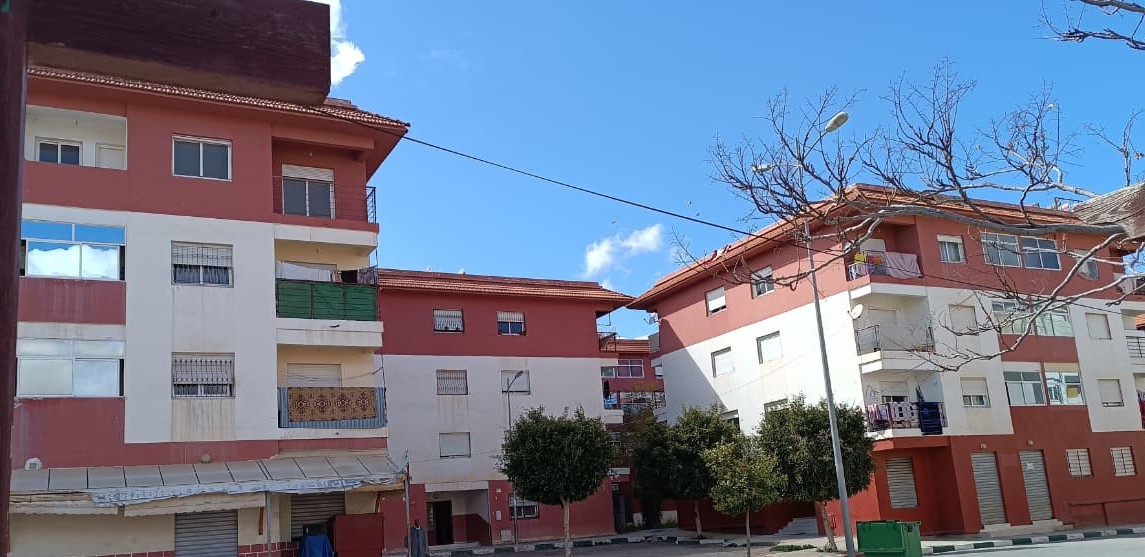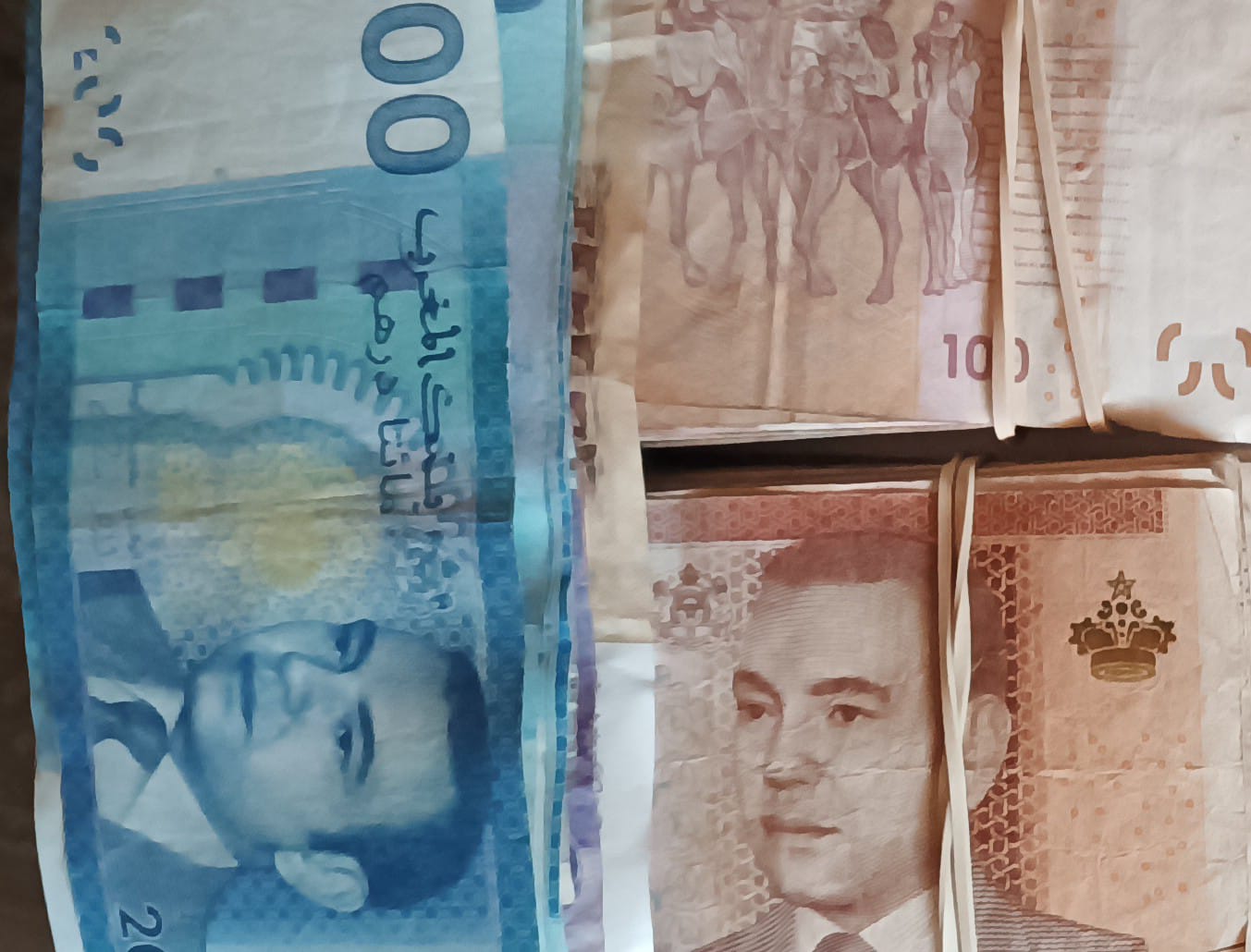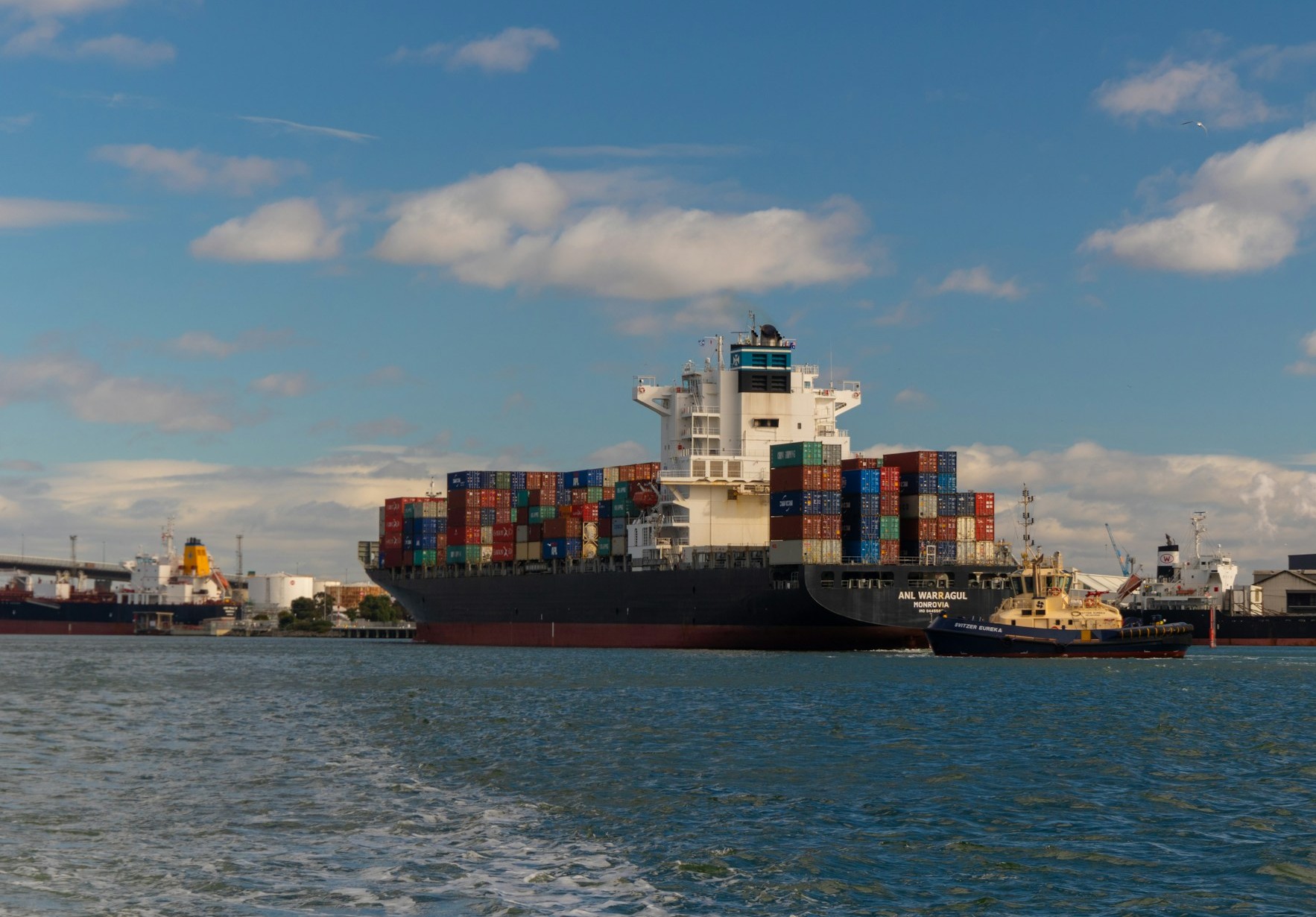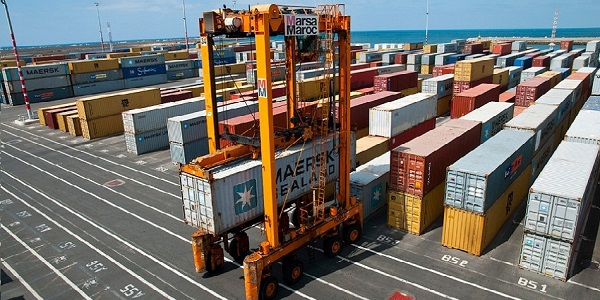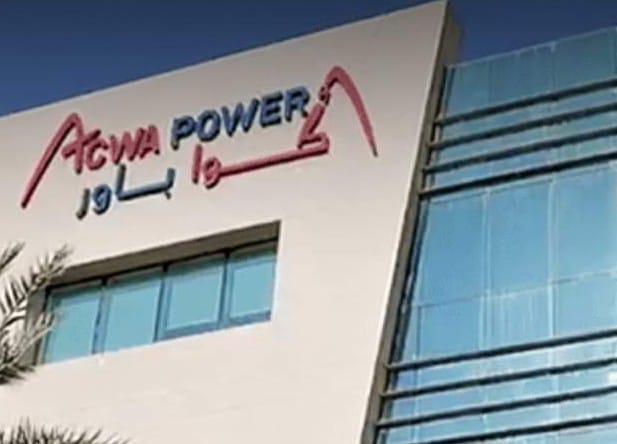Casablanca – In a significant step towards advancing decarbonized hydrogen technologies, the Institute for Solar Energy and New Energies Research (IRESEN), the Paris-Saclay Technology Transfer Acceleration Company (SATT Paris-Saclay), and the French Development Agency (AFD) have entered into a strategic partnership. This tripartite agreement, backed by an $880,000 grant from AFD and the French Treasury, aims to propel applied research in the decarbonized hydrogen sector in Morocco.
The partnership was formalized on July 4, 2024, in Rabat, with Christophe Lecourtier, the French Ambassador to Morocco, in attendance. The agreement, which has been under discussion since the visit of Bruno Le Maire, French Minister of Economy, Finance, and Industrial and Digital Sovereignty, in April, underscores the mutual commitment of France and Morocco to fostering a sustainable, low-carbon economy.
Key objectives and initiatives
The collaboration will kick off with a call for innovative projects in the fourth quarter of 2024, focusing on the decarbonized hydrogen industry. These projects will benefit from the technical and financial expertise of IRESEN, which will handle the administrative and technical management of the initiative through its dedicated R&D platform, “GREEN H2A.”
IRESEN Director General, Samir Rachidi, emphasized the importance of this initiative, stating, “By implementing this market-oriented applied research call for projects, we aim to bring forth decarbonized hydrogen technologies and transform them into marketable industrial products. This strengthens our contribution to the development of the sector.”
Strengthening Franco-Moroccan ties
The collaboration is seen as a crucial step in enhancing bilateral relations between France and Morocco. The French Ambassador, Christophe Lecourtier, remarked, “This cooperation will promote the emergence of new Franco-Moroccan partnerships between research centers, academic circles, and industrial actors in this strategic field of decarbonized hydrogen.”
AFD Director in Morocco, Quiterie Pincent, highlighted the broader implications of the partnership, noting, “Climate change compels us to promote a low-carbon economy. Developing research on the green hydrogen value chain contributes to this transition and provides an additional opportunity to support the Kingdom’s ambitions.”
Future prospects and impact
The planned projects, set to be supported over three years, will see collaborative efforts between Franco-Moroccan teams. These initiatives are expected to position Morocco as a leading player in the global decarbonized hydrogen sector, leveraging the country’s strategic advantages.
The involvement of SATT Paris-Saclay, representing the University of Paris-Saclay and the Polytechnic Institute of Paris, will be pivotal in ensuring the successful commercialization and market transfer of the developed technologies. Xavier Apolinarski, President of SATT Paris-Saclay, stated, “Our partnership with IRESEN will enable us to effectively analyze and valorize the results of the selected projects, ensuring a successful technology transfer to the market.”
This tripartite agreement marks a decisive step towards a decarbonized economy, reinforcing the ties between France and Morocco and opening up new opportunities for innovation and sustainable development.
